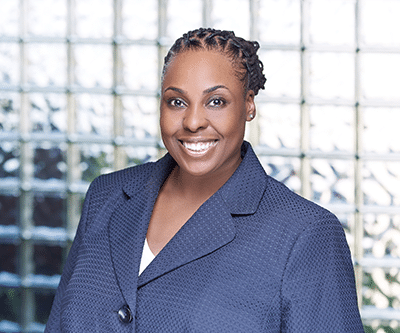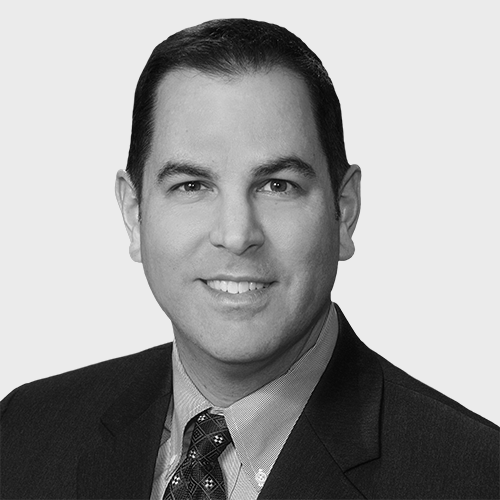
The earliest known case of insurance fraud involved a Greek grain shipper in 300 BC. Fraud is nothing new, but their methods have changed, and attorney Jante Turner works for one of the agencies working to keep up.
Turner is an assistant general counsel at the Financial Industry Regulatory Authority (FINRA), and she knows there are smart approaches to minimizing fraud, whatever form it takes. FINRA oversees securities firms, hoping that their oversight will help investors trust those firms.
To say oversight takes constant vigilance is an understatement. “Defrauders are very creative,” Turner says.
She says in addition to oversight, FINRA must track the emerging tools and tactics of both defrauders and legitimate financial sources. For example, the Securities and Exchange Commission (SEC) and FINRA recently released rules for crowd funding.
FINRA can rightfully claim success at rooting out the bad players and schemes. In 2015 alone, it brought 1,512 disciplinary actions against registered brokers and firms. Harmed investors received $96.6 million in restitution, and the authority levied $95.1 million in fines.
Some cases that FINRA uncovers are referred to the SEC. Approximately 800 such cases of fraud and insider trading were sent to the SEC for litigation and prosecution.
Turner wrote the opinion on a fraudulent scheme created by a Washington, DC-based firm, which was ordered to repay $13.7 million to fifty-nine investors. The firm’s president and chief executive officer took unsecured loans from the fund for personal use while misrepresenting the financial health of the issuer itself. The majority of investors were current or former National Football League and National Basketball Association players.
“Part of what bothered me was the victims were doing the right thing and investing their money,” Turner says. “I’m concerned that what happened could discourage them from investing in the future.”
Often, victims of fraud tend to be older, sometimes with faltering cognition, and, as Turner describes it, “very often they are living alone, without trusted family members or others, and this can expose them to financial abuse.”
As an African American, Turner speaks of how the minorities are under-represented among investment brokers and dealers, as well as most of their clients.
“My heart is here, where I believe I can help investors every day.”
That doesn’t mean people regulating the industry shouldn’t be diverse. “A more diverse workforce brings the benefit of different perspectives,” she says. “Fraudsters come up with different schemes all the time to prey on unsuspecting people.”
She tells a story about a scammer who used ladies’ afternoon luncheons at churches. “I grew up in a church, and I understand how trusting people can be in those situations, and how others can look to take advantage of that.”
FINRA follows best practices when it comes to workplace diversity, with a broad array of programs including employee resource groups focused on staff who are disabled, LGBT, Latino American, African American, Asian American, or in the military. These programs are available to its 3,000-person workforce in thirteen cities around the country.
“I’m fortunate to have worked with people at FINRA who have mentored me and have helped me to succeed,” she says. “But I know that this is not the case in every company.”
To her credit, Turner has built her career by working toward her goals with her education and experience.
She first worked in a law firm in which her job was to defend insurance companies and their policyholders from excessive claims related to the 9/11 attacks. She says she learned a great deal in that capacity, “but my heart is here, where I believe I can help investors every day.”
The broader industry dynamics also keep her engaged. FINRA keeps the investing public informed on the shifting financial landscape and how the Dodd-Frank Wall Street Reform and Consumer Protection Act has changed the regulatory environment.
FINRA doesn’t just disperse rules, best practices, and advice, though. People like Turner and her colleagues at FINRA suspend or bar individuals and firms, charge fines, educate investors—and sometimes refer others to the SEC and criminal justice authorities—keeping the integrity of investing intact.


